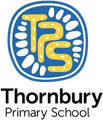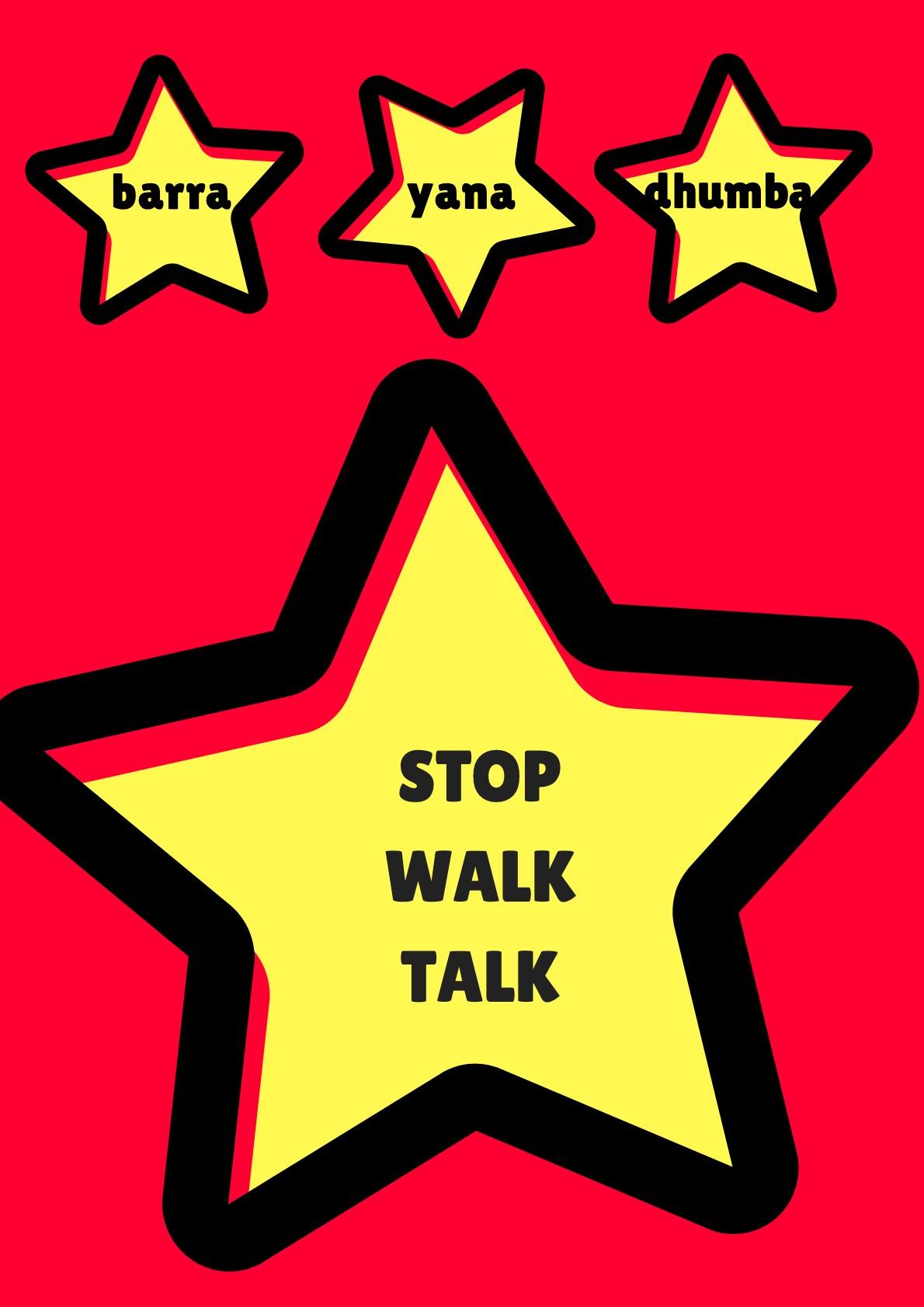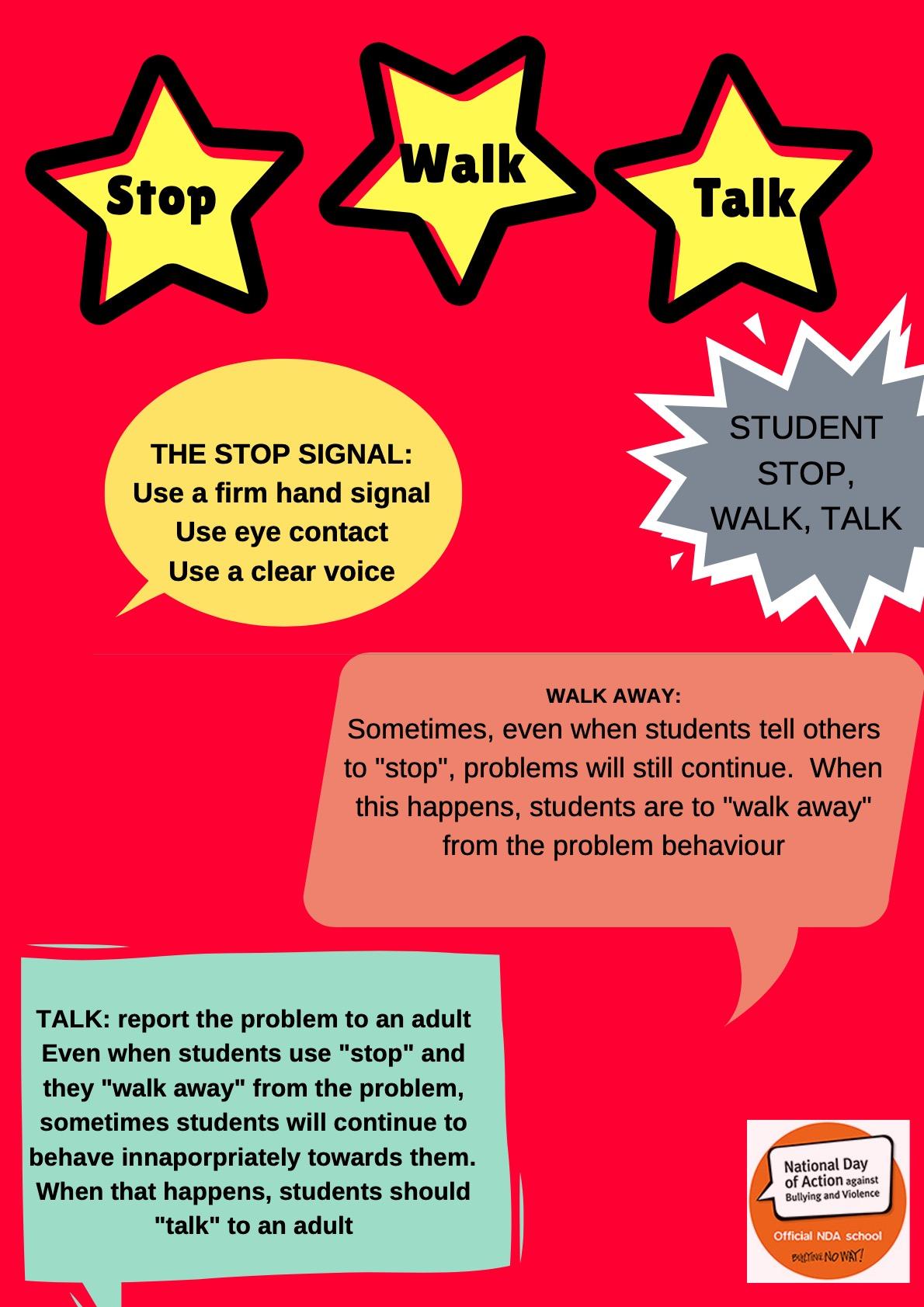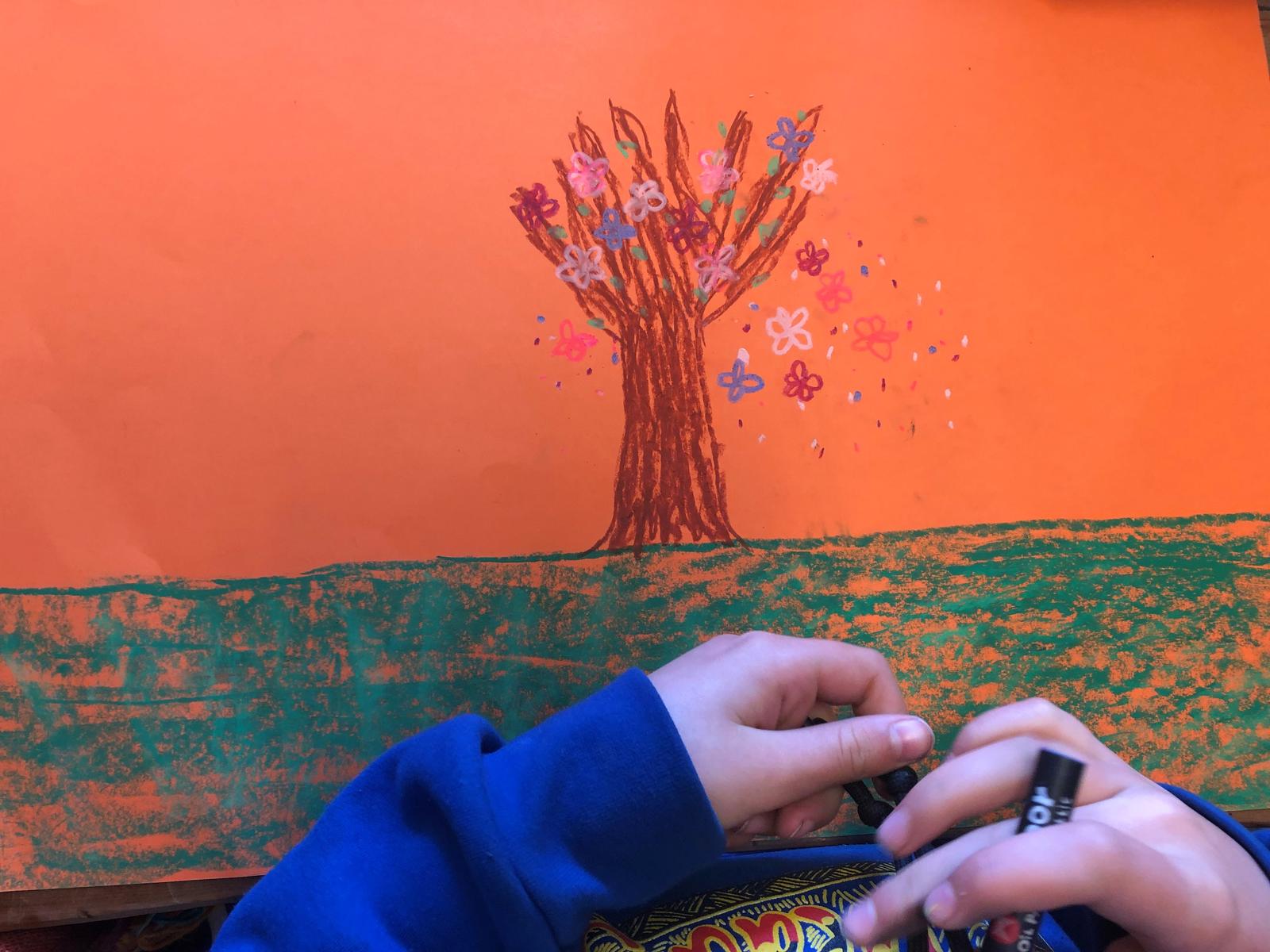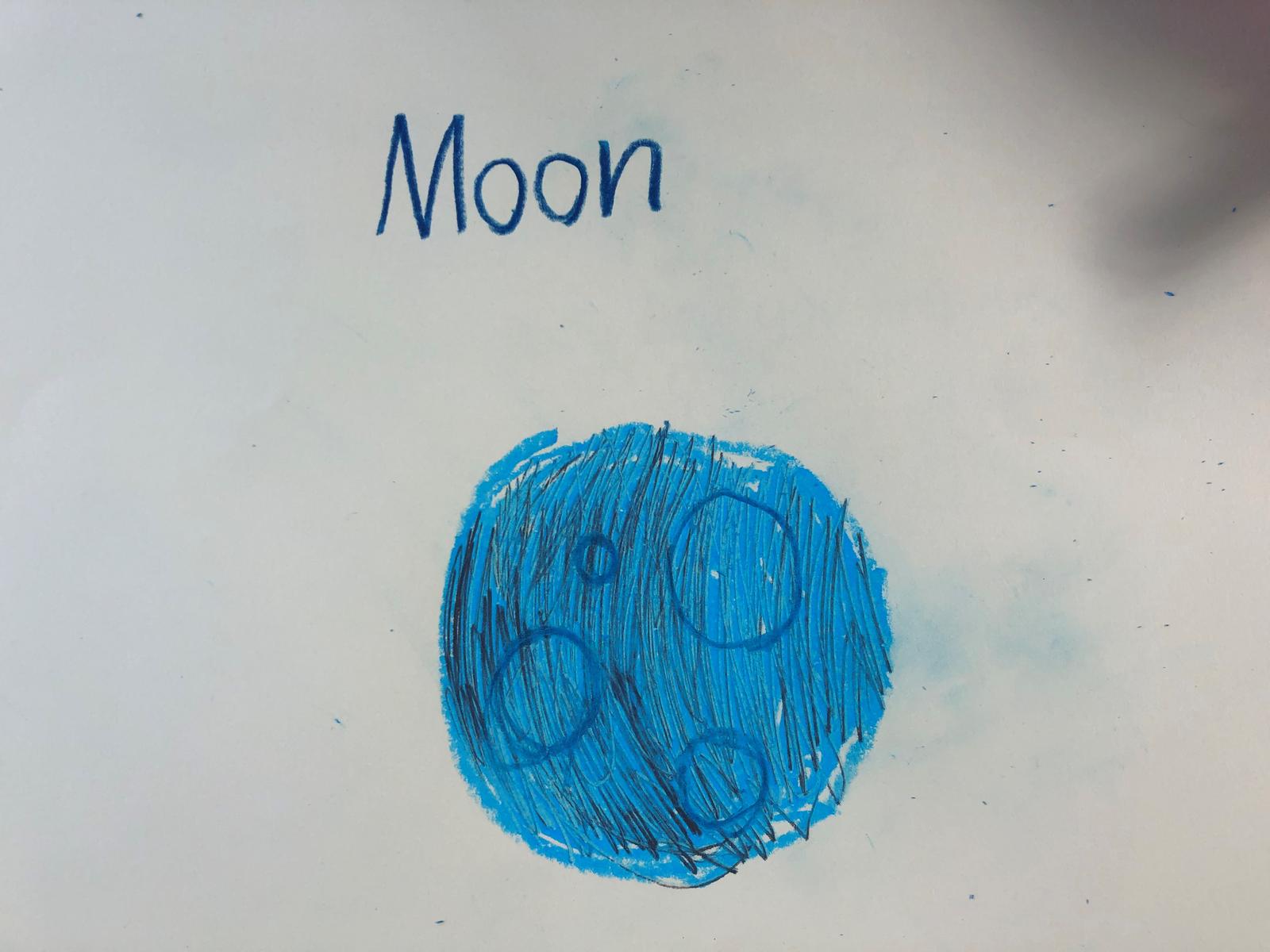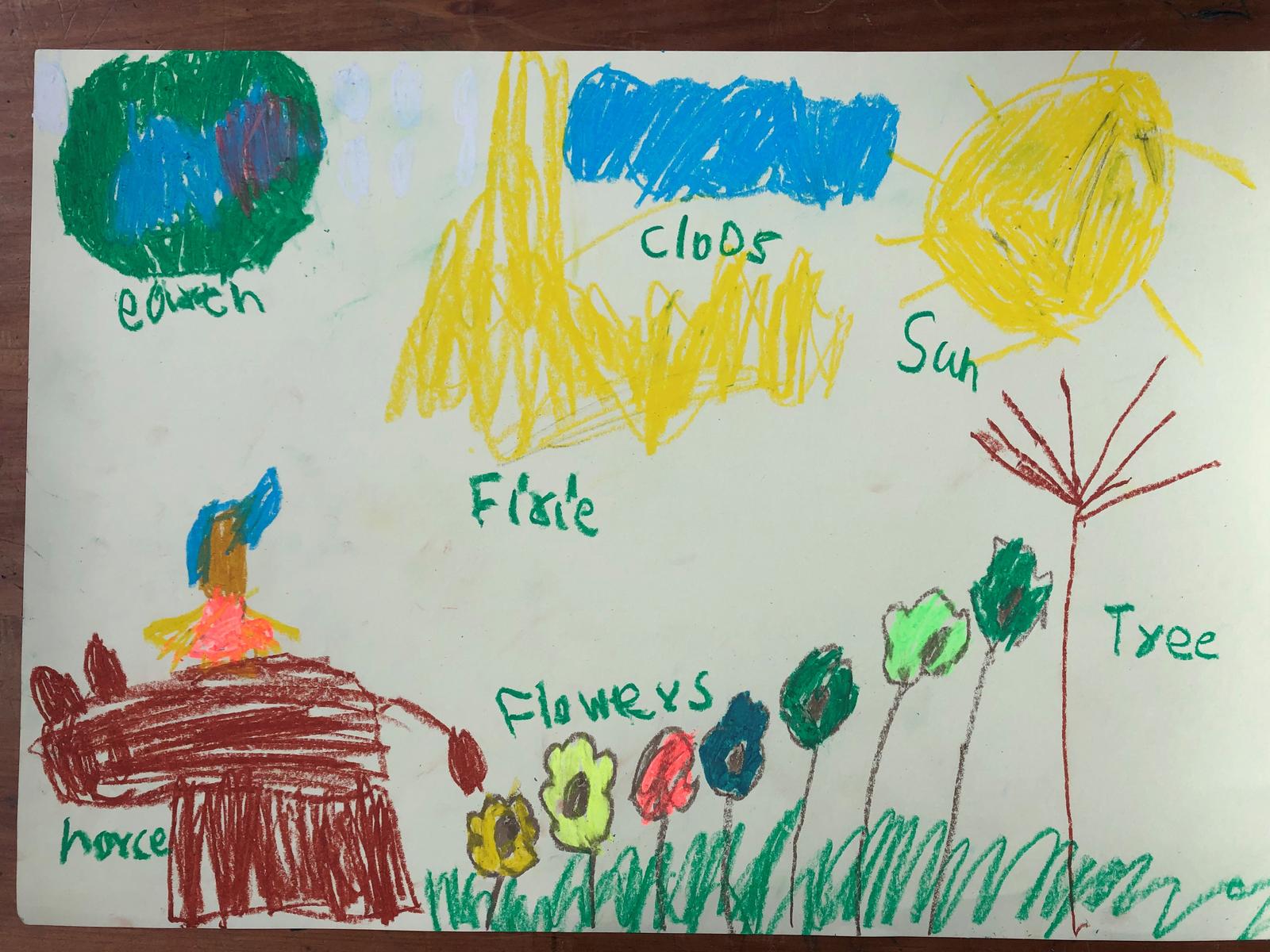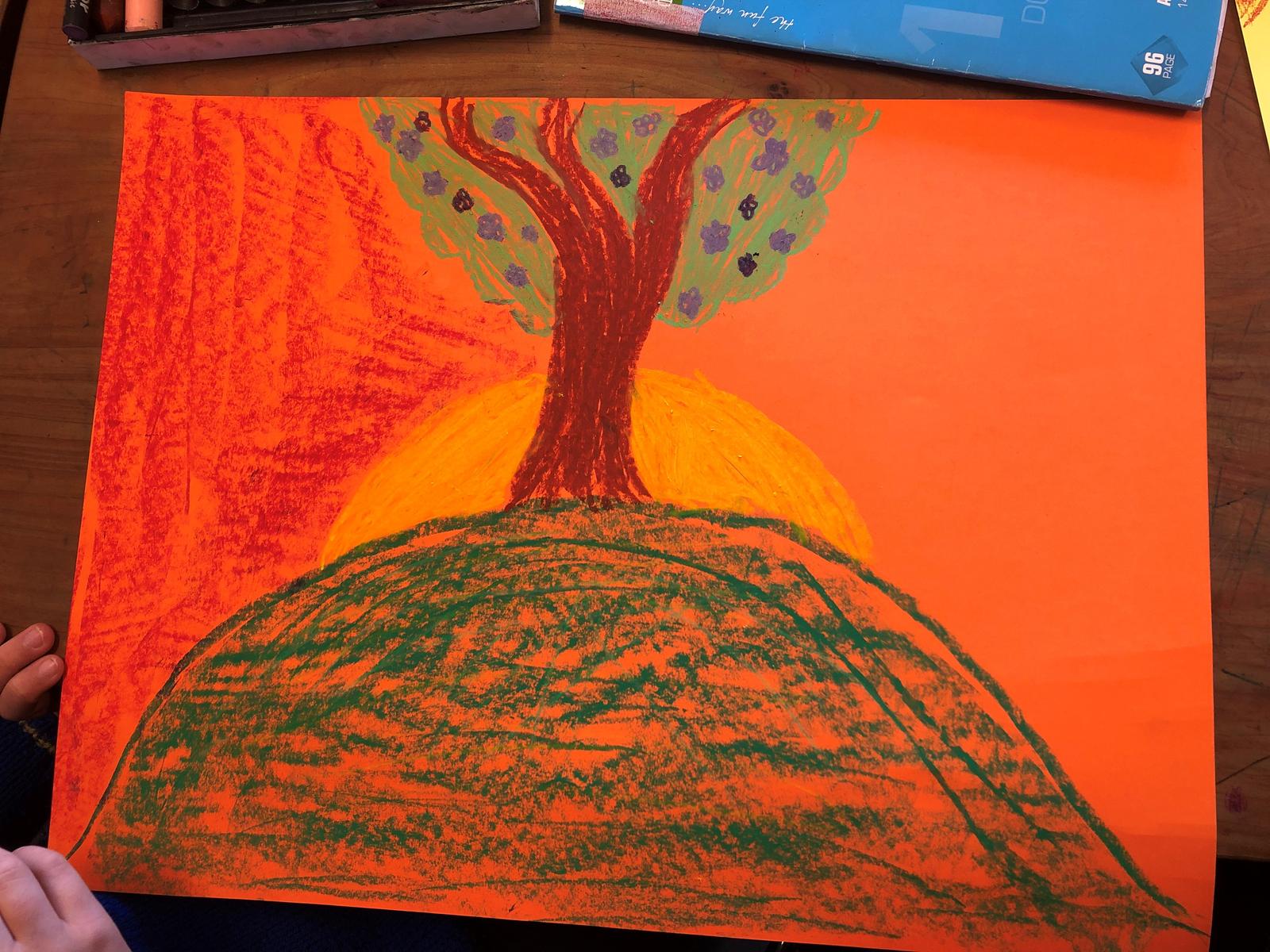Wellbeing
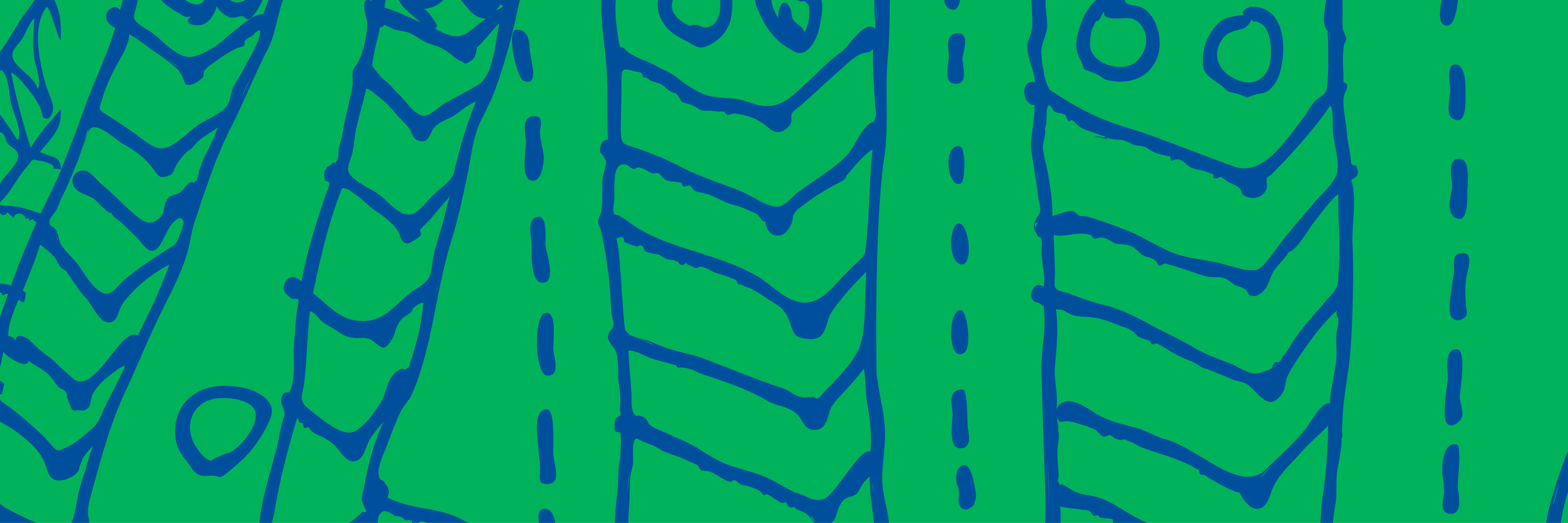
I AM DEADLY
Thornbury Primary School Child Safe Code of Conduct
All staff, volunteers and board members of Thornbury Primary School are required to observe child safe principles and expectations for appropriate behaviour towards and in the company of children, as noted below.
All personnel of Thornbury Primary School are responsible for supporting the safety, participation, wellbeing and empowerment of children by:
adhering to Thornbury Primary School child safe policy at all times / upholding Thornbury Primary School statement of commitment to child safety at all time
taking all reasonable steps to protect children from abuse
treating everyone with respect
listening and responding to the views and concerns of children, particularly if they are telling you that they or another child has been abused and/or are worried about their safety or the safety of another
promoting the cultural safety, participation and empowerment of Aboriginal children (for example, by never questioning an Aboriginal child’s self-identification)
promoting the cultural safety, participation and empowerment of children with culturally and/or linguistically diverse backgrounds (for example, by having a zero tolerance of discrimination)
promoting the safety, participation and empowerment of children with a disability (for example, during personal care activities)
promoting the safety, participation and empowerment of children who live in a range of family settings that may include out of home care families, single parent families, rainbow families and kinship care families.
ensuring as far as practicable that adults are not left alone with a child
reporting any allegations of child abuse to Thornbury Primary School Child Safety Officer/ leadership, and ensure any allegation to reported to the police or child protection
reporting any child safety concerns Thornbury Primary School’s Child Safety Officer / leadership
if an allegation of child abuse is made, ensure as quickly as possible that the child(ren) are safe
- encouraging children to ‘have a say’ and participate in all relevant organisational activities where possible, especially on issues that are important to them.
- understanding privacy of information within the context of their role and or purpose of their work at Thornbury Primary School.
Staff and volunteers must not:
develop any ‘special’ relationships with children that could be seen as favouritism (for example, the offering of gifts or special treatment for specific children)
exhibit behaviours with children which may be construed as unnecessarily physical (for example inappropriate sitting on laps. Sitting on laps could be appropriate sometime, for example while reading a storybook to a small child in an open plan area)
put children at risk of abuse (for example, by locking doors)
do things of a personal nature that a child can do for themselves, such as toileting or changing clothes
engage in open discussions of a mature or adult nature in the presence of children (for example, personal social activities)
use inappropriate language in the presence of children
express personal views on cultures, race or sexuality in the presence of children
discriminate against any child, including because of culture, race, ethnicity or disability
have contact with a child or their family outside of our organisation without our child safety officer’s knowledge and/or consent (for example, no babysitting). Accidental contact, such as seeing people in the street, is appropriate)
have any online contact with a child or their family (unless necessary, for example providing families with e-newsletters)
ignore or disregard any suspected or disclosed child abuse
By observing these standards you acknowledge your responsibility to immediately report any breach of this code to Thornbury Primary School Child Safety Officer Thornbury Primary School / leadership.
Wayapa Wuurrk
Wayapa is an Indigenous earth mindfulness practice that combines narrative meditation and physical movement to create a mind, body, spirit well being. Wayapa is based on indigenous knowledge & concepts and guides you to connect to Country. Wayapa Wuurrk translates to Connect Country in the languages of the Maara and Gunnai Peoples.
Aunty Lee Couch is our Wayapa Wuurrk Practitioner introducing Wayapa at TPS to our Steiner Community through physical movement and storytelling.
This term students will be exploring Dadirri- Ancient Aboriginal Mindfulness Traditions-reflections by Miriam-Rose Ungunmerr-NT
"Our Aboriginal culture has taught us to be still and to wait. We do not try to hurry things up. We let them follow their natural course - like the seasons. We watch the moon in each of its phases. We wait for the rain to fill our rivers and water the thirsty earth… When twilight comes, we prepare for the night. At dawn we rise with the sun. We watch the bush foods and wait for them to ripen before we gather them. We wait for our young people as they grow, stage by stage, through their initiation ceremonies. When a relation dies, we wait a long time with the sorrow. We own our grief and allow it to heal slowly"
